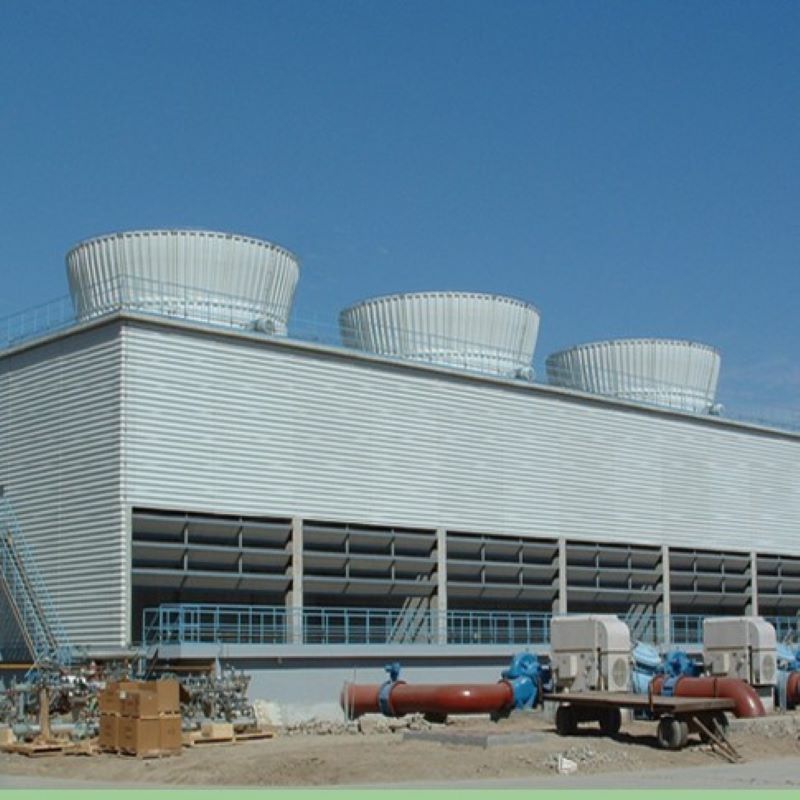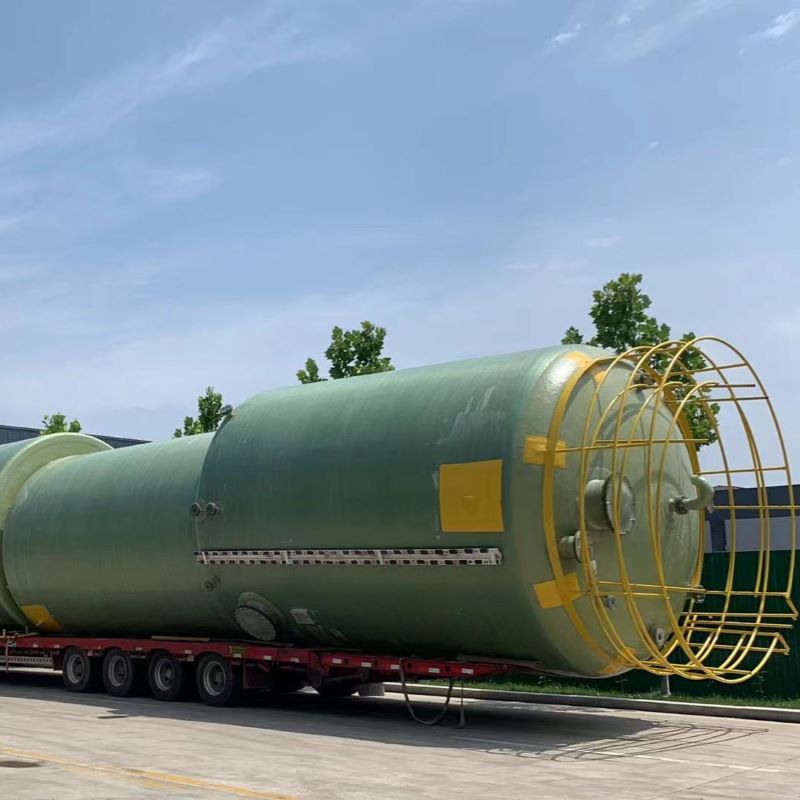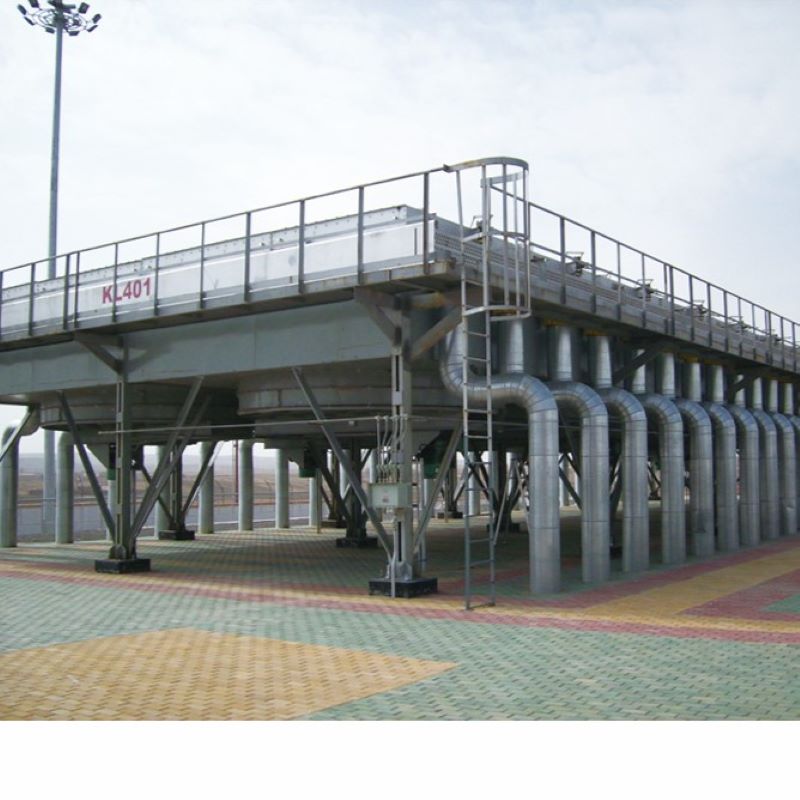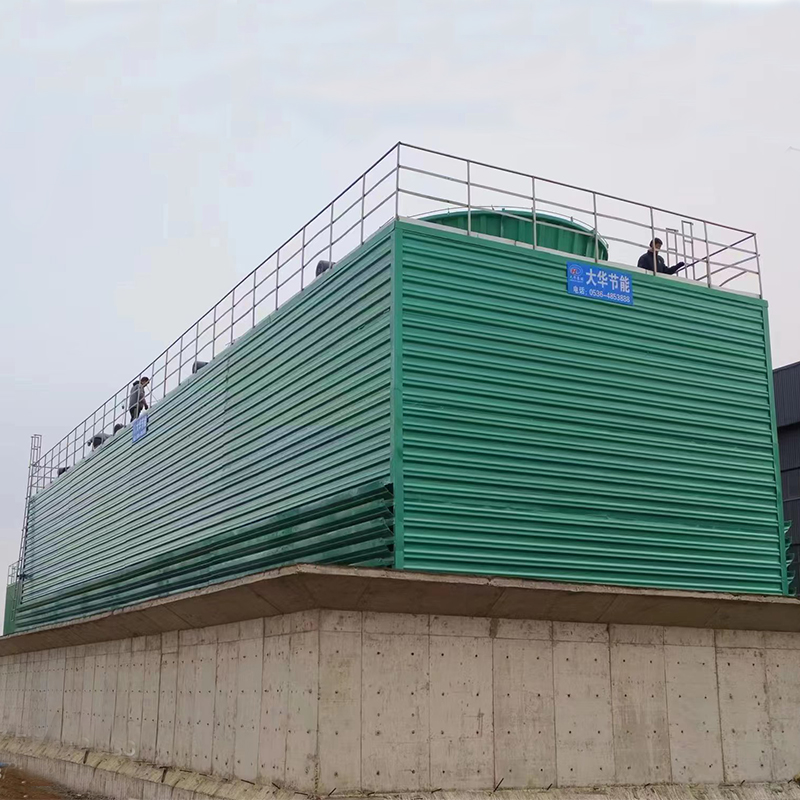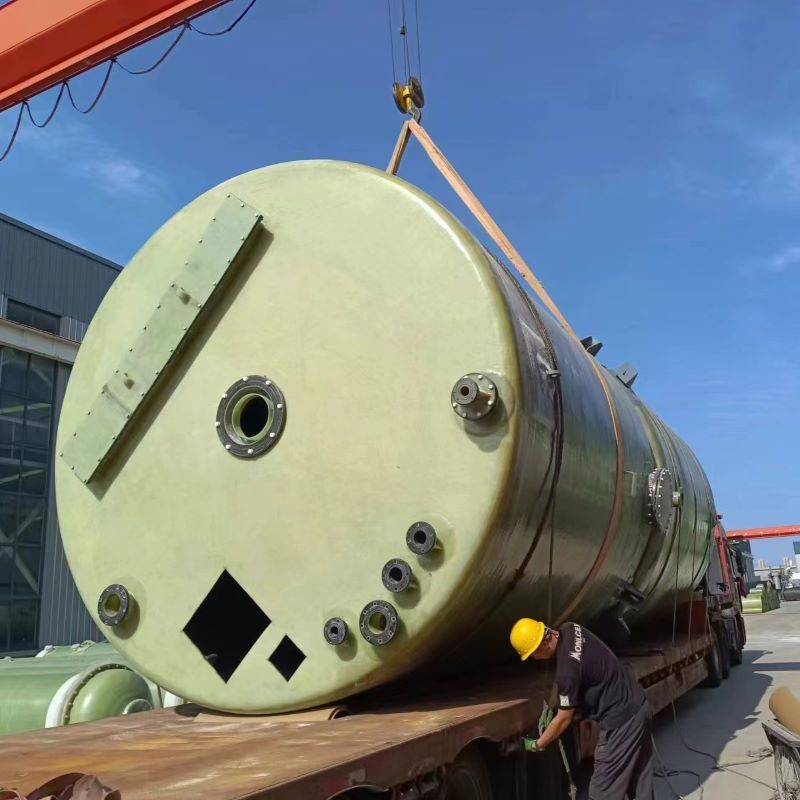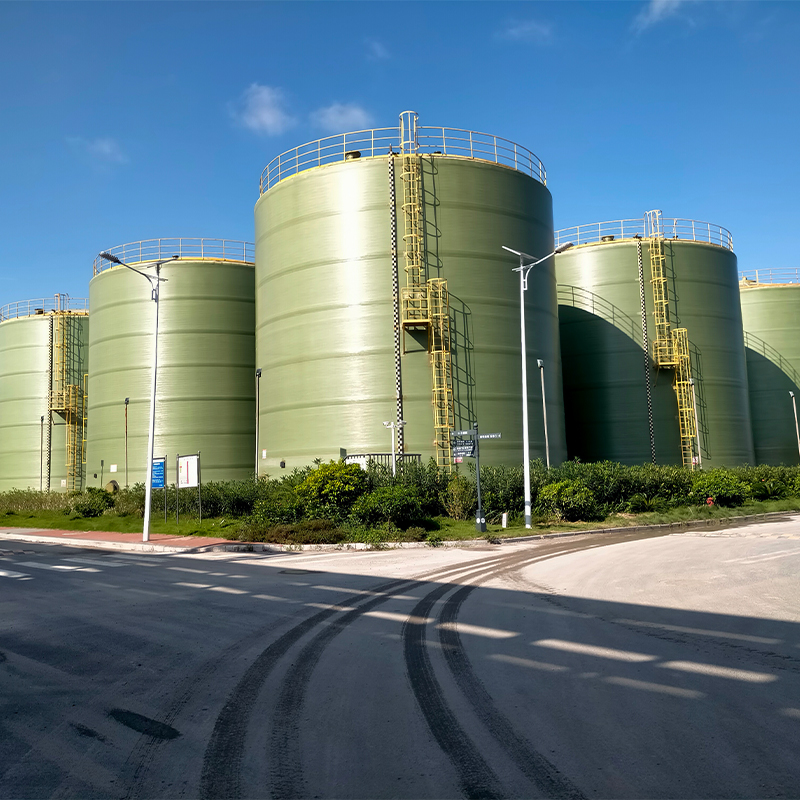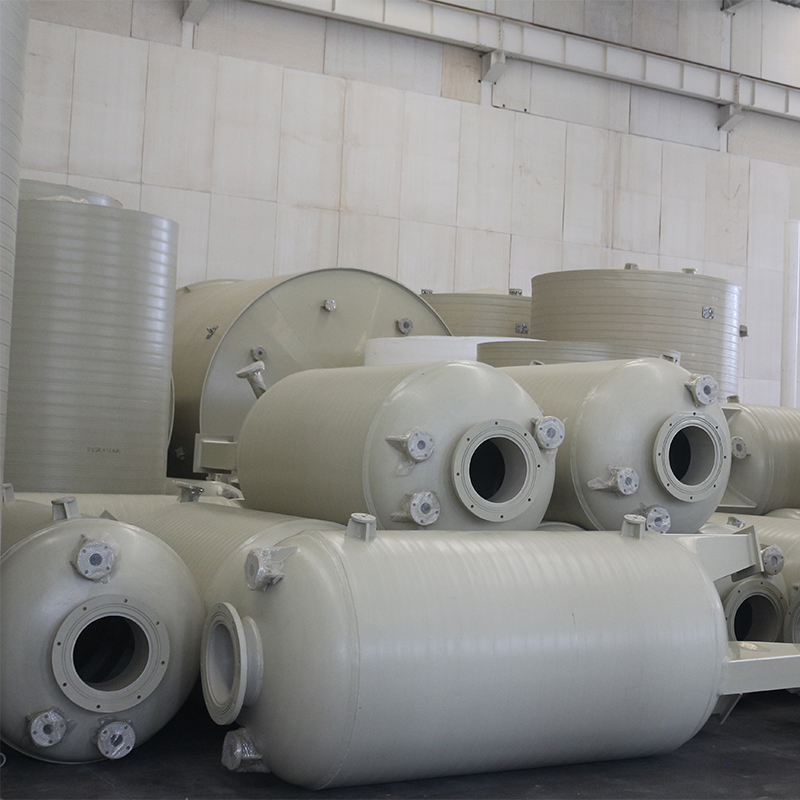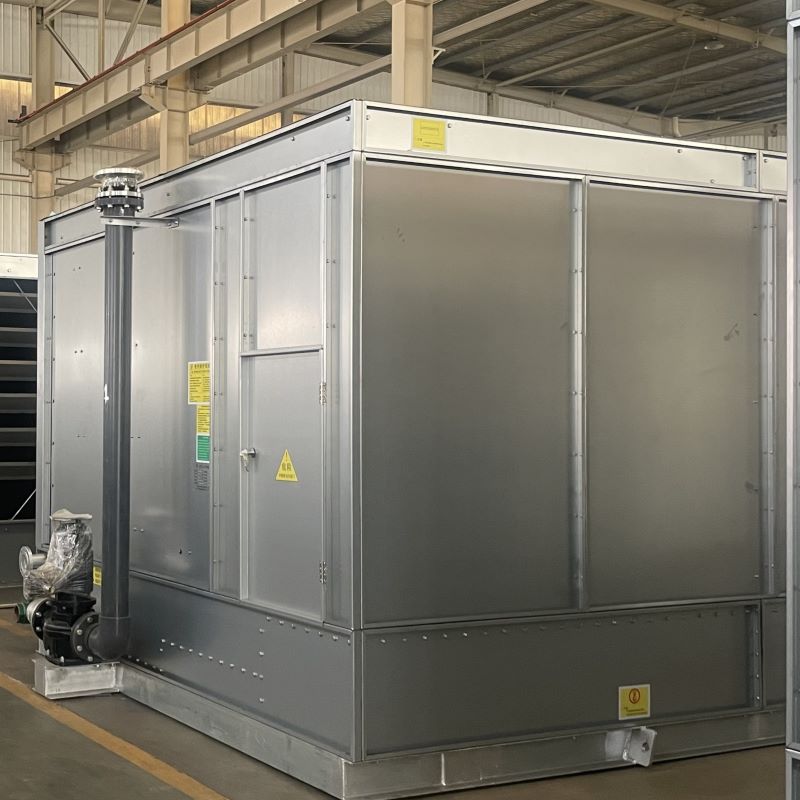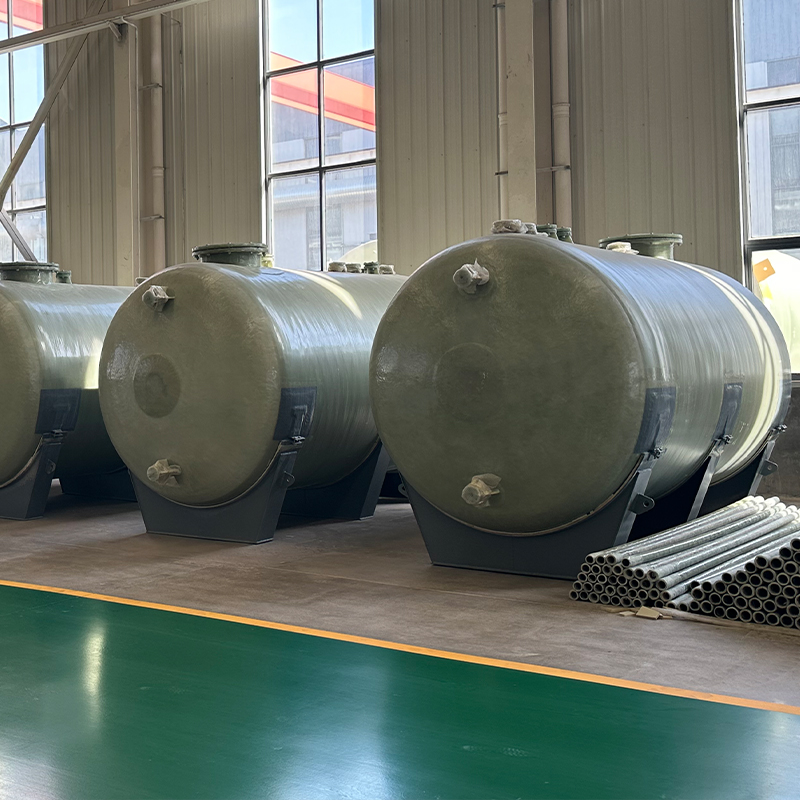
Condenser
The Essence of a Condenser: Practical Insights
Thinking about a condenser? You probably imagine air conditioning systems or large power plants. But here's where it gets interesting—most people overlook the subtle nuances that define its efficiency. My years working in HVAC systems have been a journey of trial and error, and let me tell you, understanding these nuances can make or break your system.
Understanding the Basics
First things first, a condenser is crucial in heat exchange. Seems straightforward—convert vapor to liquid, release heat. But simplicity often masks complexity. In practice, the real challenge lies in optimizing heat transfer while minimizing energy consumption.
Take air-cooled condensers for example. They’re ubiquitous, especially in domestic use, but sensitivity to ambient temperature is often underestimated. On cold days, you might think everything's running smoothly, but you must be vigilant in warmer climates where efficiency drops dramatically.
There's also water-cooled condensers. Powerful, yes. Without proper water treatment, though, scaling can silently degrade performance over time. I recall a project at an old facility where neglected maintenance doubled our energy costs—it was a lesson in vigilance.
Choosing the Right Type
Selection really depends on the operational environment. Air-cooled units are generally easier to install and maintain, ideal for smaller systems or where water isn't abundant. But as systems scale, water-cooled models usually present a more energy-efficient solution.
During an installation at a remote plant, the team debated between these options extensively. The site's limited water access swayed us towards air-cooled despite higher energy implications. Sometimes, it's not just about efficiency; it's logistical constraints and resource availability.
Don’t forget about evaporative condensers, a hybrid of sorts, using air and water for cooling. They're incredibly efficient, but watch out for water-supply issues—they need a reliable source, without which, you can face more downtime than you'd expect.
Operational Challenges
Operating a condenser isn't set-and-forget. It's dynamic, requiring continuous monitoring and adjustments. It's a common misconception that once installed, they run independently. Routine inspections, temperature checks, and cleaning schedules are mandatory.
On one occasion, I dealt with a neglected unit that froze during winter months because the maintenance team skipped the bi-annual drain and flush. It’s these small lapses that ripple into larger operational headaches.
Moreover, improper sizing is a nightmare. Undersized units struggle, resulting in poor performance and higher energy use. Oversized? Sure, you’ll meet capacity needs, but you'll also encounter frequent cycling that wears down components prematurely.
Technological Advancements
Nowadays, the role of technology in enhancing condenser efficiency cannot be understated. Variable speed drives and smart controllers are game-changers. They adjust operations based on real-time data, optimizing efficiency and reducing wastage.
I’ve seen units with advanced diagnostics save thousands in predictive maintenance. Identifying potential failures before they happen has transformed how we approach system longevity and reliability.
Still, integrating these technologies can be challenging. There's a learning curve and an upfront investment that can be discouraging, especially to traditionally run operations. However, the payoff in operational costs and energy savings often justifies the expenditure.
Looking Towards the Future
The future of the condenser looks promising with ongoing research into eco-friendly refrigerants and improved materials reducing operational impact. Sustainability is more than a buzzword; it’s the path forward. Industries are leaning heavily into these advancements, pushing boundaries in efficiency and environmentally-conscious practices.
Reflecting on my experience, it's remarkable how innovation continuously reshapes our understanding of something seemingly static. The question is not if, but how quickly we adapt to these changes and implement responsible, energy-efficient systems.
In the end, whether it’s in a large power plant or your home’s A/C, the humble condenser is an engineering marvel—simple yet complex, with potentials that are only starting to be unraveled.
Соответствующая продукция
Соответствующая продукция
Самые продаваемые продукты
Самые продаваемые продуктыСвязанный поиск
Связанный поиск- round evaporative cooler supplier
- China rooftop evaporative cooler factory
- OEM Air cooled heat exchanger supplier
- high quality FRP Process Piping Factory Manufacturer
- Best Air Cooler price
- Best FRP Storage Tank Quotation Manufacturer
- China rectangular frp tank
- high quality best commercial evaporative cooler price
- China Evaporative-Condenser product
- Filled Closed-Circuit Cooling Tower Manufacturer


